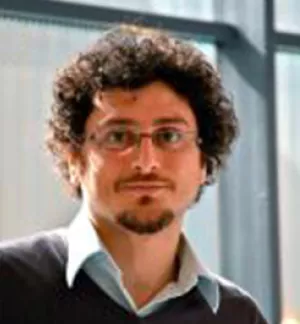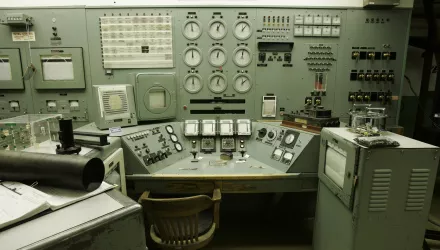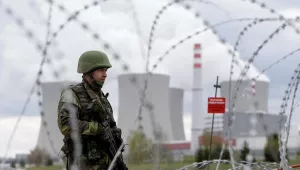Abstract
New technology brings great benefits, but it can also create new and significant risks. When evaluating those risks in policymaking, there is a tendency to focus on social acceptance. By solely focusing on social acceptance, we could, however, overlook important ethical aspects of technological risk, particularly when we evaluate technologies with transnational and intergenerational risks. I argue that good governance of risky technology requires analyzing both social acceptance and ethical acceptability. Conceptually, these two notions are mostly complementary. Social acceptance studies are not capable of sufficiently capturing all the morally relevant features of risky technologies; ethical analyses do not typically include stakeholders' opinions, and they therefore lack the relevant empirical input for a thorough ethical evaluation. Only when carried out in conjunction are these two types of analysis relevant to national and international governance of risky technology. I discuss the Rawlsian wide reflective equilibrium as a method for marrying social acceptance and ethical acceptability. Although the rationale of my argument is broadly applicable, I will examine the case of multinational nuclear waste repositories in particular. This example will show how ethical issues may be overlooked if we focus only on social acceptance, and will provide a test case for demonstrating how the wide reflective equilibrium can help to bridge the proverbial acceptance-acceptability gap.
Taebi, Behnam. “Bridging the Gap between Social Acceptance and Ethical Acceptability.” Risk Analysis, 2016




